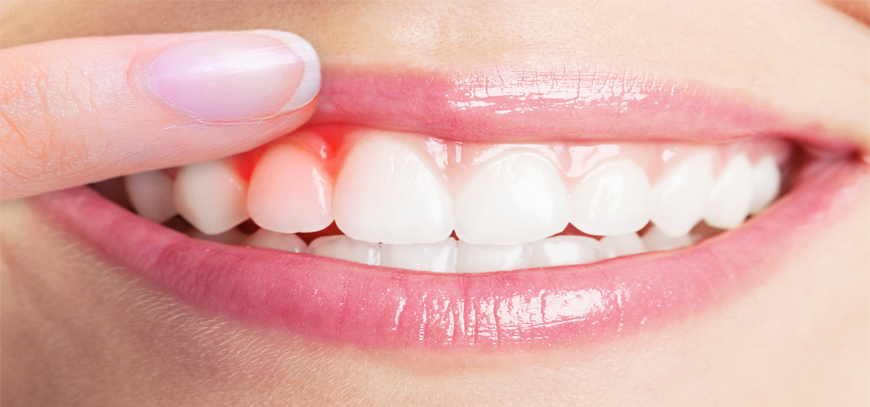Clinic Time:
- Morning: 10 A.M - 2 P.M
Evening: 4:00 P.M - 9 P.M
Contact Info
-
Phone: +91-6261474753
- Send an email
Gum Treatment

Gum disease treatment encompasses a wide range of dental procedures. Healthcare providers use these procedures to reduce infection in your mouth and rebuild tissues damaged by periodontal (gum) disease. Periodontists (gum specialists) usually perform these procedures. But general dentists sometimes treat milder forms of gum disease.
Gum disease occurs when plaque and tartar build up on your teeth surfaces. Your gums react to the bacteria in these irritants and become red, swollen and tender. Your gums may also bleed when you brush or floss.
The sooner you treat gum disease, the better chance you have for long-lasting oral health. At its earliest stage (gingivitis), gum disease is reversible. But the later stages (periodontitis) damage your gums and underlying bone. This results in gaps — or periodontal pockets — around your teeth, leading to further infection, loose teeth and even tooth loss.
How common is gum disease treatment?
Gum disease treatments are among the most commonly performed dental procedures. In India, almost half of all adults aged 30 or over have some form of gum disease.
Treatment may be done by a dentist or a periodontist. A periodontist is a dentist who specializes in gum disease. A dental hygienist may work with your dentist or periodontist as part of your treatment plan. The goal of treatment is to thoroughly clean the pockets around teeth and prevent damage to surrounding gum tissue and bone. You have the best chance for successful treatment when you also have a daily routine of good oral care, manage health conditions that may impact dental health and stop tobacco use.
A deep cleaning is a more thorough version of routine dental cleaning. Everyones comfort level and sensitivity is different. Our gum specialist (periodontist) is highly trained in this procedure which is always performed with a numbing gel and local anesthesia.
There are many reasons which can cause irritated and bleeding gums. Certain medical conditions and medications, tobacco use, lifestyle and dietary habits, hormonal conditions and pregnancy. A thorough medical history as well as a detailed clinical examination is required to ascertain the reason for bleeding gums so that treatment can be provided in a timely manner to restore gum health.

